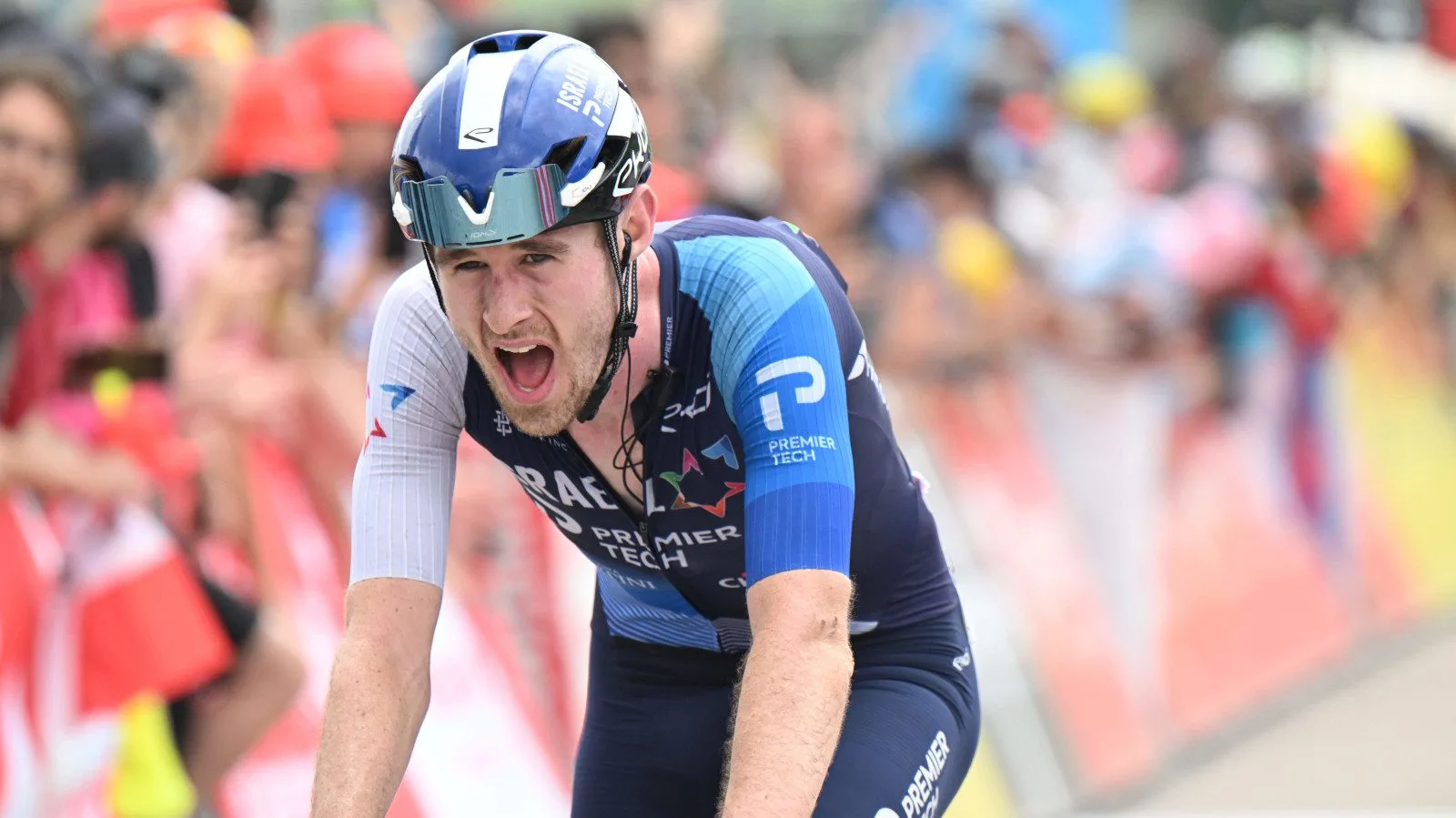If you are like me, you’ve been enthralled with watching the Tour de France and the Paris Olympics. I find myself wondering about the strategies those high-performing athletes use to fuel their bodies before, during and after extremely hard training sessions/competitions.
A webinar Fueling the Tour de France (sponsored by Hexis), addressed my curiosity and solidified my observation that sports nutrition has indeed evolved into being a central component of elite athletes’ training and competing strategies.
For example, Tour de France riders historically refueled minimally—perhaps a protein shake—soon after the day’s race. They waited until they got back to the hotel to eat three to four hours later. Today’s riders quickly consume a significant amount of carbs right after each stage to speed up their recovery. Today’s cyclists also eat significantly more carbs compared to their peers of 10 to 20 years ago. They now experience fewer episodes of hitting the wall, bonking and being completely depleted. This hastens recovery. After all, if you don’t dig yourself into a hole, you don’t have to dig yourself out of a hole.
The following key messages from the webinar might be of interest—and inspire you to take a closer look at your fueling patterns and carbohydrate intake, in particular. While you may not be a Tour de France cyclist, you likely have a similar goal of being the best athlete you can be.
- Tour de France losses are commonly linked to inadequate carbohydrate intake. A cyclist may not win the tour in a single stage, but he can lose it in a single stage.
- Fatigue related to training hard vs. fatigue related to under-fueling is difficult to distinguish. Experimenting with eating more grains, fruits and veggies can help identify and resolve an underfueling problem.
- To optimize the availability of fuel (carbs) for muscles and the brain, runners who exercise intensely should:
- carb-load the day or two before the endurance event.
- consume adequate carbs during the endurance event
This will reduce the risk of bonking/hitting the wall plus will improve stamina, endurance, and overall performance.
-
-
- Overall daily targets are 2.5-9 g carb/lb (5-20 g carb/kg) per day to fuel muscles, >0.9 g protein/lb ( 2 g/kg) per day to preserve muscle mass and minimal dietary fat intake (so the athletes fill up on carbs, not fat).
- During hard efforts that last longer than 2.5 hours, the goal is to consume 90 to 120 grams of carbohydrate per hour….
-
Click Here to Read the Full Original Article at Canadian Cycling Magazine…

